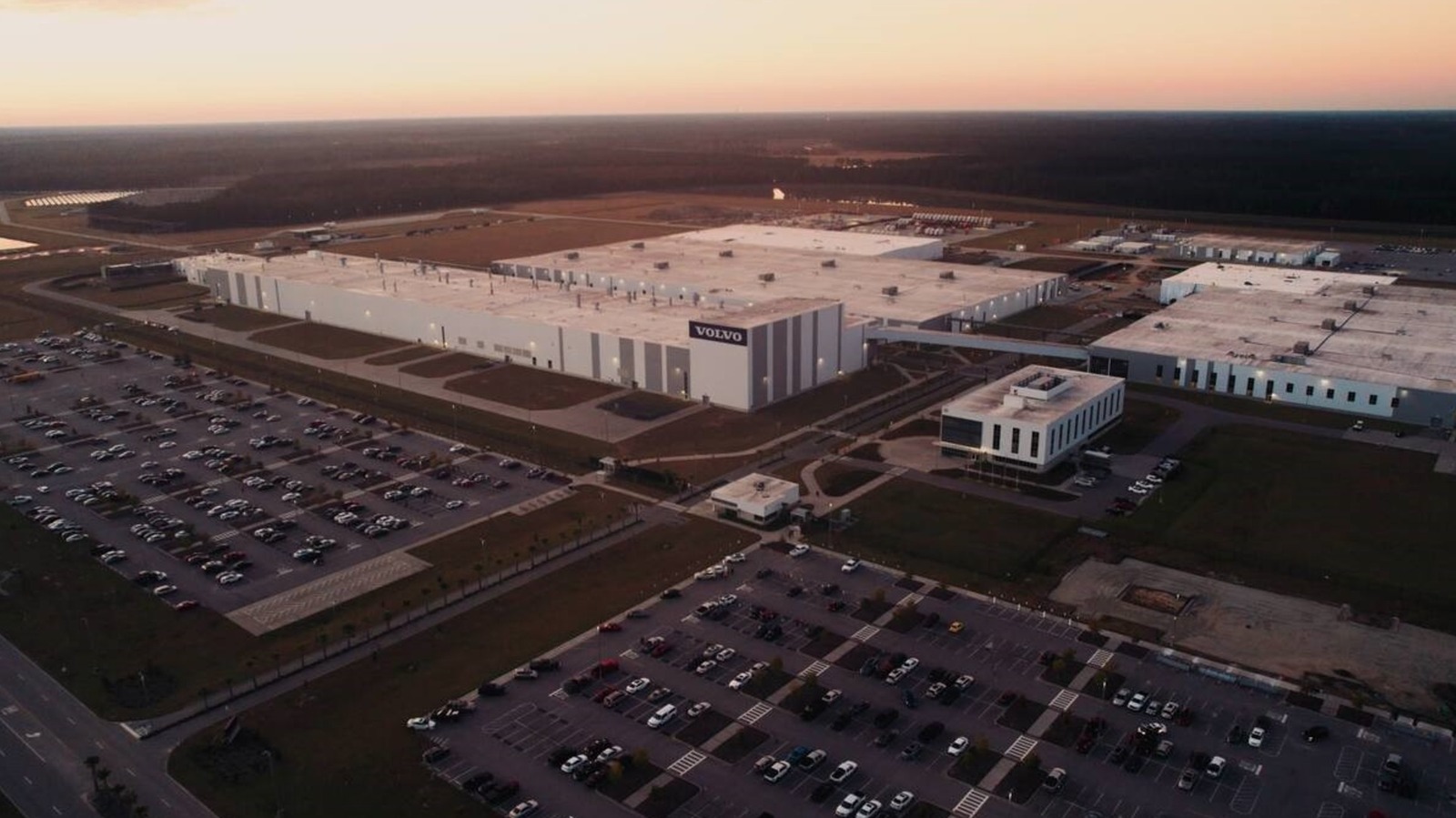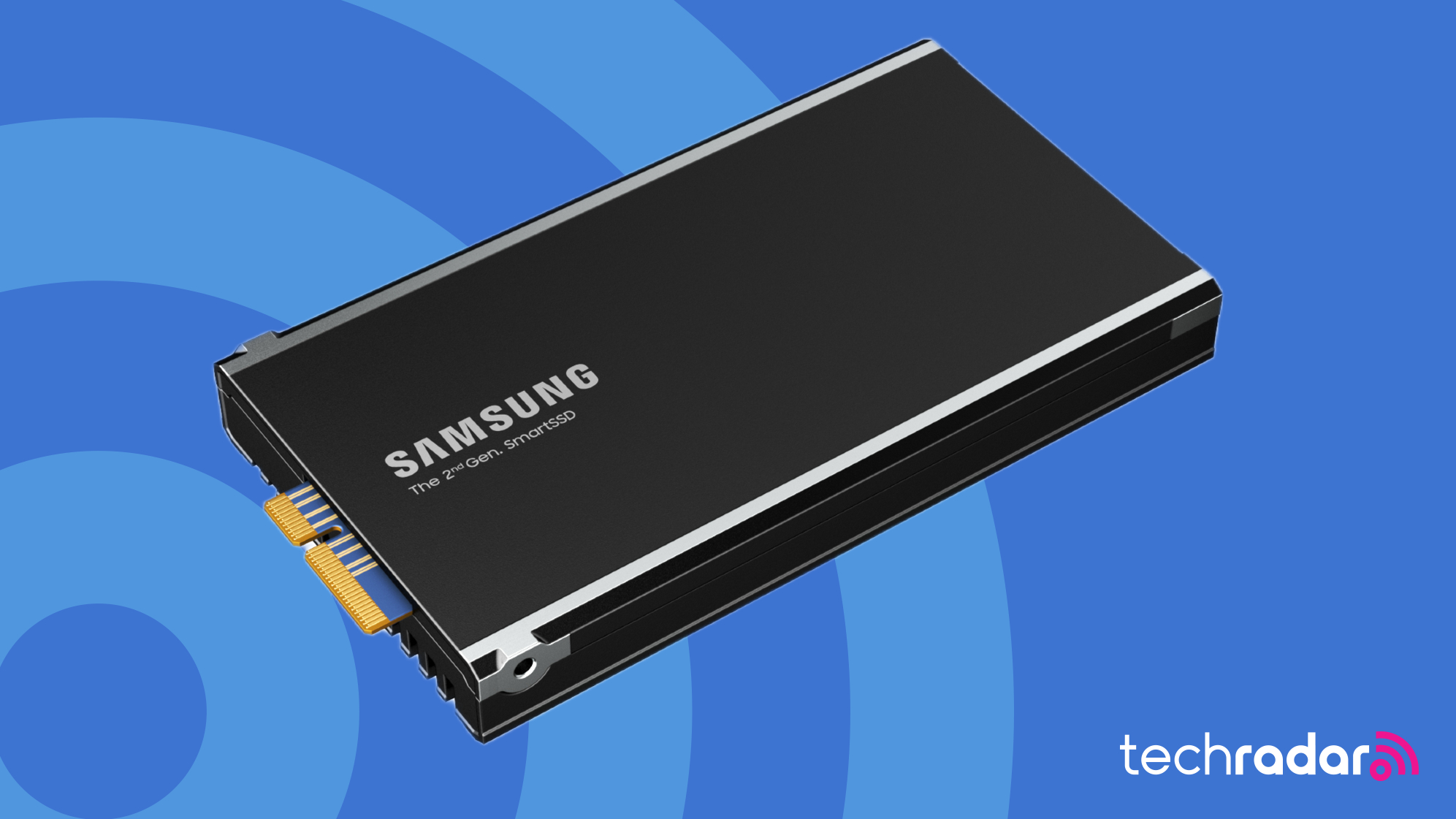
In the last few years, Swedish automaker Volvo has been investing more in electric vehicles and its adjacent spheres, such as hybrid cars. This past year alone, Volvo released the updated XC90, a plug-in hybrid SUV, as well as the 2025 EX30, a twin motor EV. Expanding in that particular sector, Volvo is looking to invest further into hybrid vehicles, while at the same time broadening its footprint in the United States to skirt stringent import tariffs.
In a press release on Tuesday, Volvo announced that it would be investing heavily into its shared factory with Polestar in Ridgeville, South Carolina, expanding the facility’s size and scope. In addition to growing for its own sake, a large portion of this expansion will be focused toward manufacturing a brand-new, American-made hybrid vehicle, with production projected to begin sometime before 2030. While Volvo did not reveal any details on this upcoming vehicle, the brand is confident that the greater presence of hybrids will serve it well in the American market, as well as gradually open the door to more electric investment as manufacturing costs decrease.
Volvo has not divulged much about this new American-made hybrid vehicle, nor has it shown a prototype. What it did say was that hybrid technology has proven to be in higher demand in the U.S. than electric at the moment, and so could be a vital component in maintaining the brand’s presence in the country.
“Electrification has not picked up as fast as we thought a few years ago,” Hakan Samuelsson, the chief executive of Volvo Cars, said in an interview quote obtained by the New York Times. “We think we need hybrid cars longer.”
Volvo is looking to increase its overall sales in the U.S. by about 60% in the next five years, a good 125,000 units up from its sales figures last year. Expanding the scale and operations of the Volvo manufacturing plant in South Carolina will also help Volvo to recoup losses from the import tariffs instated this year. Imports from Volvo’s homeland in Sweden are currently subject to a 15% levy, though this rate could change as new deals are finalized with the United States government.



